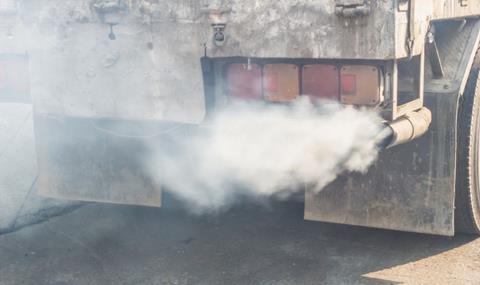
More than four out of 10 fleets believe that they will be affected by the introduction of Clean Air Zones (CAZ) across the UK and the Ultra-Low Emissions Zones (ULEZ) in London.
According to the Arval Mobility Observatory research, 43% of all UK businesses said they will be impacted – but there was some variance as only 27% of firms with fewer than 10 employees believed there would be an issue compared to more than half (56%) of those with more than 1,000 staff.
More than three quarters (76%) said they will replace vehicles so they meet the new standards, whereas 27% will find other types of transportation to allow them to continue doing business within the zones, and 27% will make no changes, accepting the impact and cost.
Shaun Sadlier, Head of Arval Mobility Observatory in the UK, said: “These results indicate the ways in which fleets have been responding to the introduction of CAZs across the country although, of course, this has now been widely delayed by the coronavirus crisis.
“Overall, more than four out of 10 believe they will be affected and, of these, around three out of four plan to meet the challenge by operating vehicles that meet whatever new regulations are being introduced.
“To us, this is unsurprising. In most places, the introduction of CAZs are really designed to remove the older, less clean technology vehicles from cities and the truth is that because the regulations are relatively straightforward, many fleets are already compliant. Over the next couple of years, just through the normal replacement of vehicles, most should meet the rules.
“It’s also thought-provoking to see that around a quarter are planning to use alternative modes of transport. It would be fascinating to know what those alternatives are, especially whether some fleets are going to be able to make a switch into public transport or other mobility options.
“Finally, it is worth noting the difference in the impact of CAZs between the small and large fleets who are impacted by the introduction of Ultra Low Emission Zones. This is something that is affecting larger businesses much more, presumably as a result of their operational footprint, and their response is much more structured as a result. Smaller organisations may feel that they are not as impacted or are reacting in a more ad-hoc fashion - and they may account for a majority of more than a quarter of fleets impacted, which plan to simply pay any charge.
“Overall, for the people who are putting CAZs into place, the results shown in the research would probably be viewed as a largely positive outcome – an overall reduction in traffic from fleets and a cleaner vehicle.”














